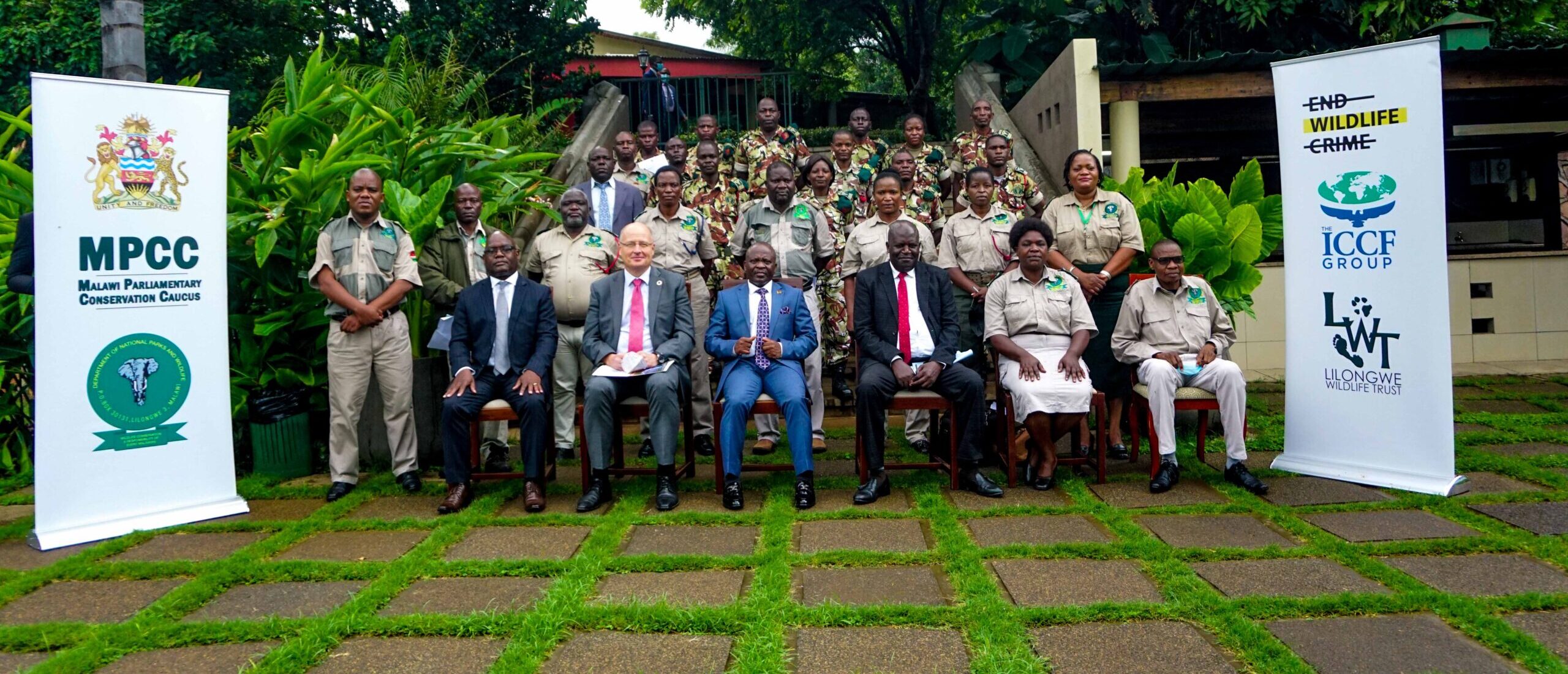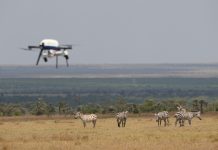Written by: Kimberly White
The Government of Malawi has joined a growing call for an ambitious new global agreement to tackle wildlife crime.
Last year, Gabon and Costa Rica began advocating for embedding preventing and combatting wildlife crime into the international criminal law framework through a new global agreement. The Government of Angola voiced its support for the proposed agreement in September.
The existing international legal framework has proven inadequate in addressing wildlife crime, says the Global Initiative to End Wildlife Crime (EWC).
“The illicit trafficking in wildlife products is controlled by transnational organised criminal groups who corrupt public officers and profit from the destruction of Malawi’s precious natural resources. A stronger international legal framework is urgently needed to tackle these destructive crimes,” said Werani Chilenga, Chairperson of the Malawi Parliamentary Conservation Caucus.
The proposed global agreement would take the form of an additional Protocol under the UN Convention Against Transnational Organised Crime (UNTOC). The proposed Fourth Protocol would specifically target illicit trafficking of wild flora and fauna and sit under the existing international criminal framework alongside current UNTOC Protocols, which aim to prevent and combat human trafficking, migrant smuggling, and the illicit manufacturing and trafficking of firearms.
The illegal wildlife trade is a multi-billion dollar industry. Its annual value is estimated to range from $7 billion to $23 billion.
In 2019, the World Bank released a report on the costs of illegal logging, fishing, and wildlife trade. Altogether, the illegal activities have an estimated cost of $1 trillion to $2 trillion each year. Additionally, governments in source countries are believed to forego anywhere from $7 billion to $12 billion in potential fiscal revenues annually.
Illegal wildlife trade has thrived in part due to inadequate wildlife trade laws, poor enforcement, and a lack of global cooperation on wildlife crime, highlighting the need for stronger international environmental law to tackle wildlife crime.
The impacts of wildlife crime go beyond monetary costs; it has cascading effects on health, security, and the environment.
Roughly 75 percent of all new or emerging infectious diseases are zoonotic in origin. The World Health Organization reports that the environmental degradation and biodiversity loss associated with the human disturbance of ecosystems can be linked to the occurrence and risk of the spread of zoonotic and vector-borne diseases.
The relationship between human health and the wildlife trade is further evidenced in pandemics and epidemics of years past. Wildlife trade has been linked to Middle East respiratory syndrome (MERS), severe acute respiratory syndrome (SARS), and Ebola and is widely believed to be the origin of the ongoing coronavirus pandemic.
President of the Gabonese Republic Ali Bongo Ondimba emphasized the threat wildlife crimes pose to both human and animal health and how it is placing many species on the verge of extinction.
More than 11,700 vertebrate species are at risk of extinction due to the wildlife trade.
Despite this, calls to address organized wildlife crime have largely been brushed aside. Few nations prioritize the needed measures to stop wildlife crime, further highlighting the importance of the leadership displayed by Malawi, Gabon, Costa Rica, and Angola.
“We are aware that wildlife crime is a highly organised transnational phenomenon and no single country can successfully eradicate it on its own. But we are determined to do our part,” said Dr. Lazarus McCarthy Chakwera, President of the Republic of Malawi. “We can no longer stand by as we witness the destruction of our nation’s natural heritage. I therefore proudly support the call to action of President Ali Bongo Ondimba, President Carlos Alvarado Quesada, and President Joao Lourenco and urge other countries to do the same.”
Chair of the Global Initiative to End Wildlife Crime and former Secretary-General of the Convention on International Trade in Endangered Species (CITES) John Scanlon AO praised Malawi for its environmental leadership, calling the nation a “global leader in wildlife conservation and in tackling illicit wildlife trafficking.”
The International Conservation Caucus Foundation Group Executive Vice President Susan Herman Lylis commended Malawi.
“Malawi continues to demonstrate strong leadership in combating wildlife trafficking. As a founding steering group member of the Global Initiative to End Wildlife Crime, the ICCF Group commends President Chakwera’s endorsement of a new international agreement,” said Herman Lylis.
Costa Rica, Gabon, Angola, and Malawi hope to encourage other countries to align with them to send the message of the devastating impacts wildlife crime has on communities, ecosystems, and wildlife, as well as the need to swiftly scale up global cooperation to tackle wildlife crime.
“Malawi is determined to sustain its global reputation as a bastion and haven of flora and fauna diversity, as well as its impressive track record of tackling the illicit trade of ivory, for which it has been recognised internationally,” added Chakwera.
Header Image Credit: Global Initiative to End Wildlife Crime







